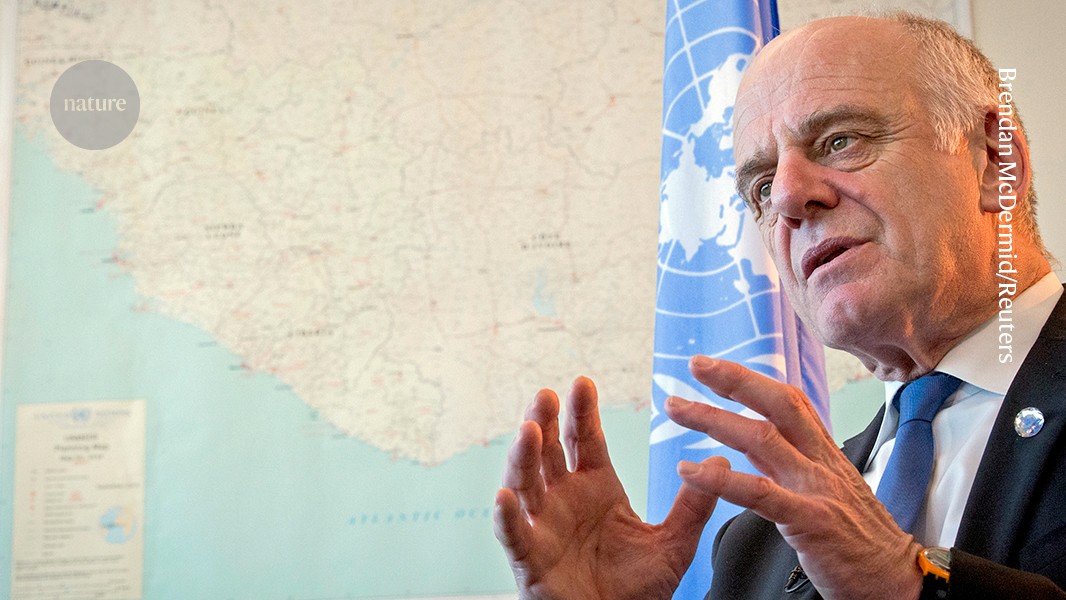
"Physician and international-health strategist David Nabarro, whose career included posts at the UK Department for International Development (DFID), the World Health Organization (WHO) and the United Nations, played a central part in tackling some of the world's most pressing health crises - from malnutrition and malaria to Ebola and COVID-19. He died on 25 July at his home in Ferney-Voltaire, France. Nabarro studied nutrition at the London School of Hygiene & Tropical Medicine (LSHTM), which shaped his multidisciplinary approach to sustainable development."
"Nabarro was known for his ability to take robust research evidence and translate it into practical strategies for improving the health of the world's poorest and most vulnerable. He excelled at synthesizing complex data for senior policymakers and politicians. As the director for human development at DFID in the 1990s, he developed strong relationships with ministers from both major UK political parties: the Conservative's Lynda Chalker and Labour's Clare Short."
"One of his most notable early achievements at the DFID was persuading Short to allocate around £50 million (US$83 million) to the WHO for the creation of Roll Back Malaria - a pioneering global partnership aimed at supporting country-led efforts to combat malaria. His time at the WHO in the early 2000s was marked by rapid advancement: he became chief of cabinet to then-director-general Gro Harlem Brundtland, working on major initiatives such as campaigns against tobacco, HIV/AIDS and tuberculosis."
David Nabarro was a physician and international-health strategist who held posts at the UK Department for International Development, the World Health Organization and the United Nations and led responses to malnutrition, malaria, Ebola and COVID-19. He studied medicine at the University of Oxford and University College London, qualifying in 1973, and studied nutrition at the London School of Hygiene & Tropical Medicine, which shaped a multidisciplinary approach to sustainable development. He founded the 4SD Foundation in Geneva to focus on nutrition, skills, systems and synergies for sustainable development and climate-change resilience and was co-recipient of the 2018 World Food Prize. As DFID director for human development he secured major funding for Roll Back Malaria, and at the WHO he became chief of cabinet, working on campaigns against tobacco, HIV/AIDS and tuberculosis. He excelled at translating robust research into practical strategies for the poorest and synthesizing complex data for senior policymakers. He died on 25 July at his home in Ferney-Voltaire, France.
Read at Nature
Unable to calculate read time
Collection
[
|
...
]